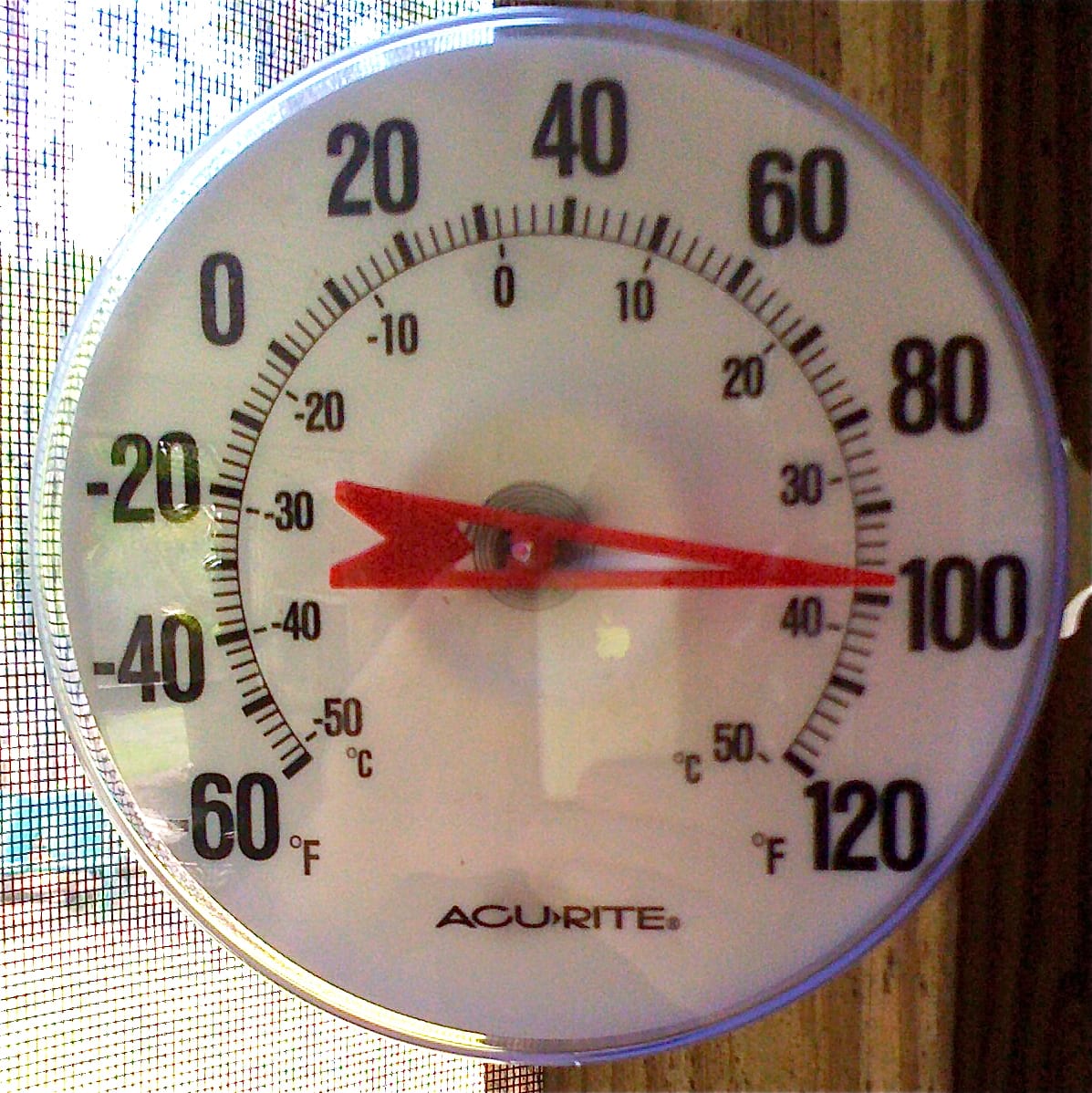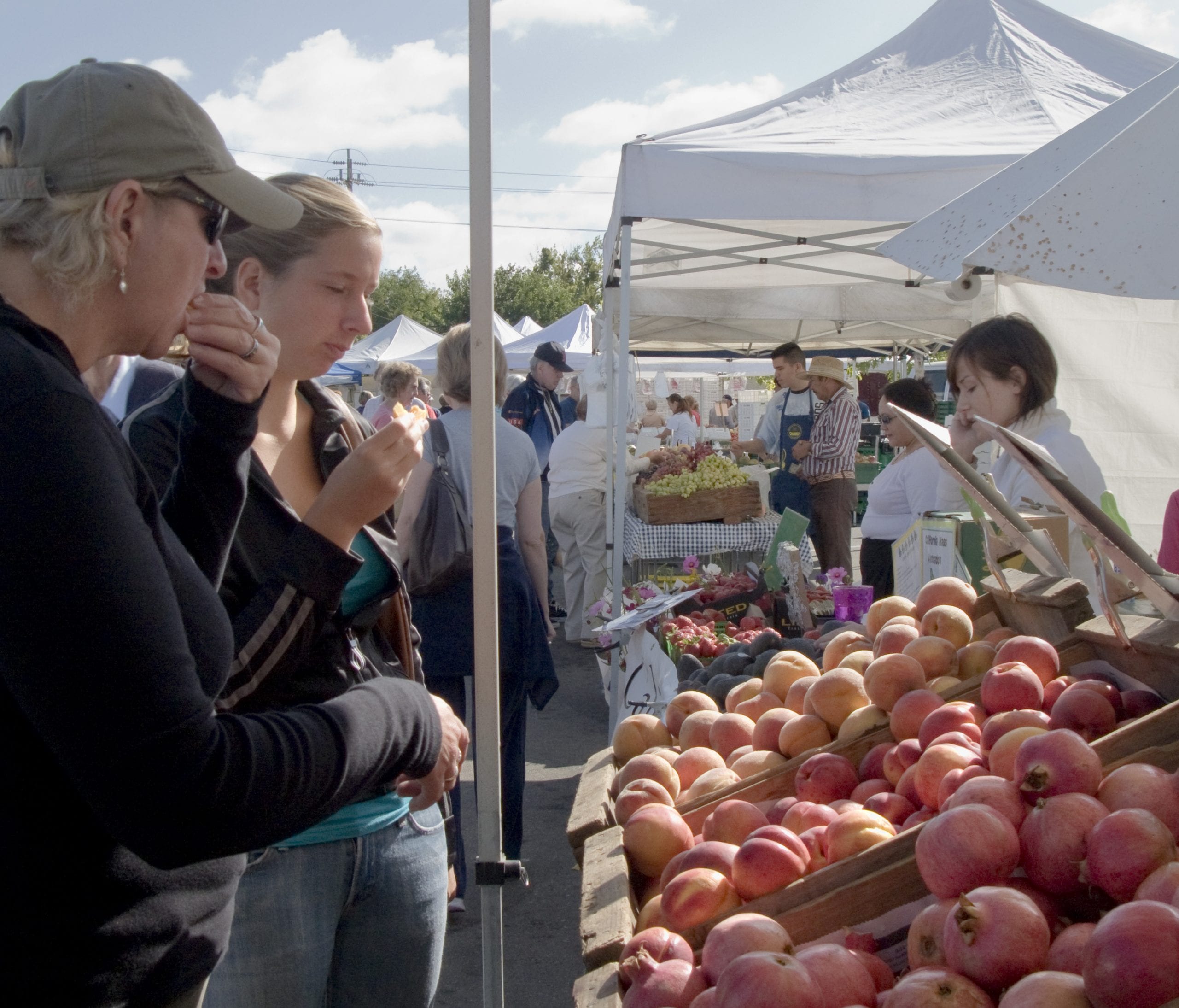As I was making plans for my spring garden this year, I decided to include fruit trees and began researching various species of native Georgia fruit trees. I came across an article projecting that certain species of banana trees will soon be able to flourish right here, in our own Georgia backyards. Bananas are not typically grown in Georgia because they prefer more tropical climates. This intrigued me. Agriculture contributes 71 billion dollars to the state of Georgia's economy, and I started to wonder how climate change could impact this tremendous industry.

While increasingly challenging for farmers, the economic implications of decreased agricultural yield also prove burdensome for all of us here in the Peach State. One such effect is food access and food security. With increasing challenges to farmers and lower than anticipated yields, we may see the costs of food go up in grocery stores and restaurants alike. Depletion of soil and lower crop yields are contributing factors that make it more difficult for Georgians to access locally sourced food. This is especially concerning for low-income families that may already be food insecure. The continued increase in food costs makes it particularly difficult for low-income families to afford food.
Climate change doesn’t just impact how much produce Georgia farmers can grow, but also what kind of produce Georgia farmers can grow. Climatologists have predicted that with continued rising temperatures and erratic rainfall, Georgia will no longer be able to produce its iconic crop, peaches. Warmer winters in recent years have been detrimental to Georgia's peach orchards. It's hard to imagine driving through Georgia and passing the roadside produce stands that are no longer selling local, juicy, sweet Georgia peaches.

How can we combat the effects of climate change on our food supply? One substantial way is by reducing carbon emissions. There are a number of ways that as households and communities we can reduce our carbon imprint. In terms of agriculture, supporting and performing organic farming methods is also incredibly beneficial. Organic farms tend to be more sustainable in terms of water supply and soil preservation. They also tend to encourage the growth of beneficial organisms such as bacteria and fungi that are healthy for the plant system and simultaneously sequester carbon from the atmosphere.
Additionally, it is imperative that we continue to engage in active conversations about climate change as it impacts agriculture here in Georgia. This is a concerning issue for all residents and demands some action from each of us. Buying local and preferably organic food is one way you can help tackle this issue. Organic farms tend to be more sustainable in terms of water supply and soil preservation. They also tend to encourage the growth of beneficial organisms such as bacteria and fungi that are healthy for the plant system and simultaneously sequester carbon from the atmosphere. Having your own organic garden can also be a fun way to help reduce carbon and have yummy fruits and vegetables to eat right out of your own yard or patio. Volunteering at community gardens is another great way to be involved in your community and help address food access concerns for your neighborhoods. Being aware of your carbon footprint and establishing small practices to lessen it is also an easy and productive way to contribute.

While the prospect of transforming my outdoor space into a tropical paradise with lush banana trees was an exciting thought, I soon realized that that very possibility speaks to an important narrative for our state. Climate change is becoming an increasing burden to our agriculture industry. If Georgia wants to continue to be known as the Peach State, we will have to work to find ways to sustainably grow our namesake fruit.
Featured Image Credit: Jim Roberts via Flickr
 Chelsea Himsl is a master’s student in Geography researching food security, urban agriculture, and political ecology. Chelsea is from the Athens area, and when she is not studying or working on her thesis you can find her reading, hiking with her sweet giant dog, or cooking with her awesome husband. To reach Chelsea send her an email at clhimsl@uga.edu. More from Chelsea Himsl.
Chelsea Himsl is a master’s student in Geography researching food security, urban agriculture, and political ecology. Chelsea is from the Athens area, and when she is not studying or working on her thesis you can find her reading, hiking with her sweet giant dog, or cooking with her awesome husband. To reach Chelsea send her an email at clhimsl@uga.edu. More from Chelsea Himsl.
About the Author
- athenssciencecafehttps://athensscienceobserver.com/author/athenssciencecafe/April 17, 2020
- athenssciencecafehttps://athensscienceobserver.com/author/athenssciencecafe/April 12, 2020
- athenssciencecafehttps://athensscienceobserver.com/author/athenssciencecafe/April 3, 2020
- athenssciencecafehttps://athensscienceobserver.com/author/athenssciencecafe/March 30, 2020







